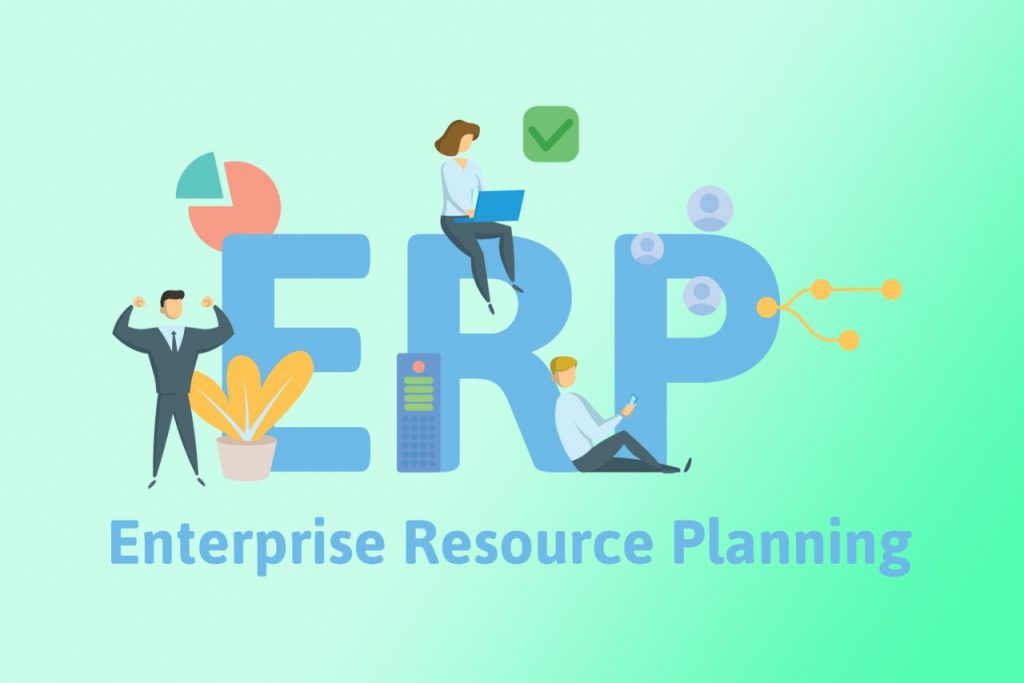The Features of ERP
The simplest solution to this can be ensuring the prospective system that can offer these kinds of robust ERP features (ERP attributes or ERP functionalities). As a result, on carrying a detailed analysis, the robust ERP solutions would have some of the core capabilities in common. ERP functionality checklist is here-
Integration
The ERP offers the most systematic, fully integrated, intuitive platform that allows us to monitor, analyze, as well as to conduct the majority of the data-driven tasks. The ERP or the more advanced cloud-based ERP systems ensure that through a single, convenient portal it can collect, store as well as administer the data analysis through the seamless communication within the organization. Besides that, the tracking of the entire data related to the businesses is performed within the systems. It ultimately enhances the efficiency of the organization while increasing productivity.
Data Analysis
A key feature of an enterprise system is that the comprehensive data analysis that allows the businesses to collect exclusive data, analyze the information as well as apply different findings. It helps to analyze entire data from scratch that is related to most of the business operations. It may include production statistics, client data, sales data, and many other features.
Automation and process management
The next best capability of ERP systems is that it can automate as well as monitor the majority of the data-driven processes. With task automation, the organization can streamline all the business operations while saving money, maximizing the time as well as optimizing the use of the human capital systems.
Accounting
There is another feature that plays a major role, and that is an accounting and financial management to top the list of the key ERP capabilities. The ERP platform offers powerful tools that manage every aspect of sales as well as revenue of the business. Also, it improves the processing time as well as reducing the burden on staff time with its extensive, helpful features.
Reporting
The ERP also offers detailed reporting to the businesses. Another important thing is that it allows the complete traceability while ensuring that every questionable process is traced, corrected as well as prevented. As a result, the ERP’s reporting capabilities can help you to execute more reliable performance over time while targeting business weaknesses.
Customer service management
A complete detailed customer care solutions can be designed as well as implemented with the ERP systems. It can help with easy management of the customer care call centers while deploying online customer management tools to serve with thorough customer satisfaction. Additionally, the staff’s performance can be evaluated thoroughly based on their performance through ERP systems.
Tracking
The ERP offers comprehensive tracking capabilities for all the systems in the organization. It includes almost everything, including the customized barcodes as well as RFID tags. Also, it makes it easier to track shipments, incoming supplies, deliveries, as well as other process productivity records.
Back office functions
ERP systems are also capable of managing as well as automating the majority of the back-office processes. These include several time-consuming tasks that include payroll, client data management, project assignments, and the majority of the administrative functions as well. It results in faster and more accurate processing. Thus, with a robust data management solution, the ERP system helps in streamlining the business operations while automating the bulk of data-driven processes.
